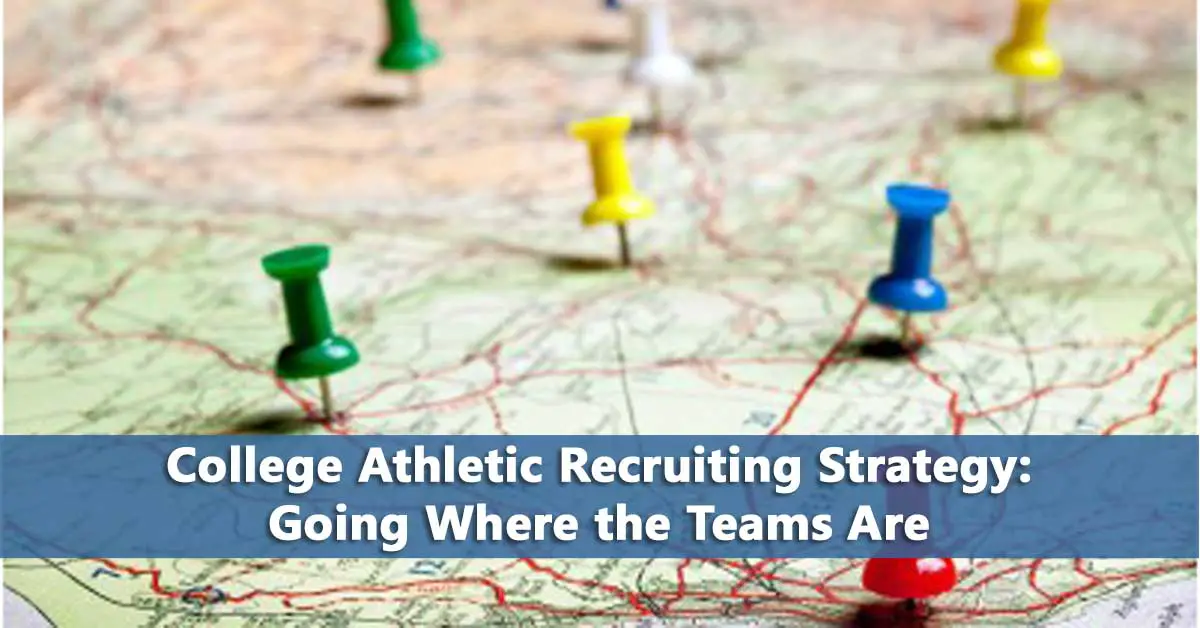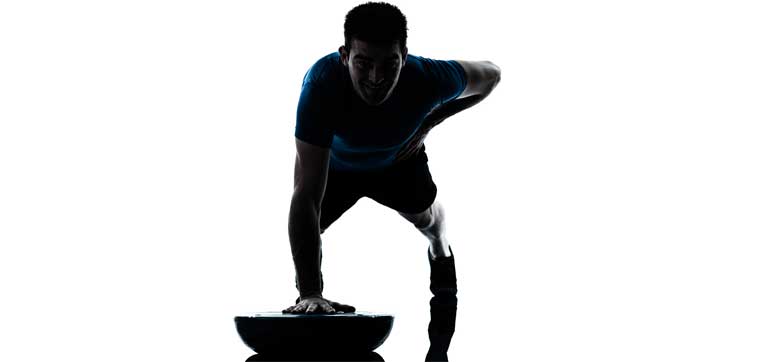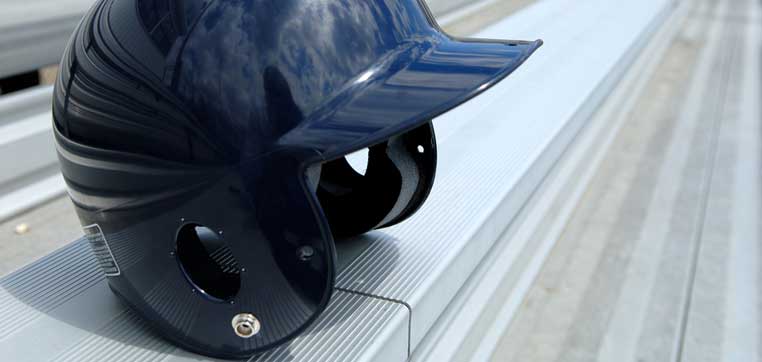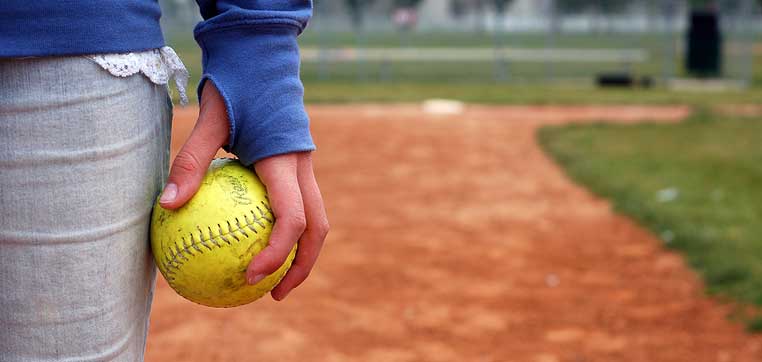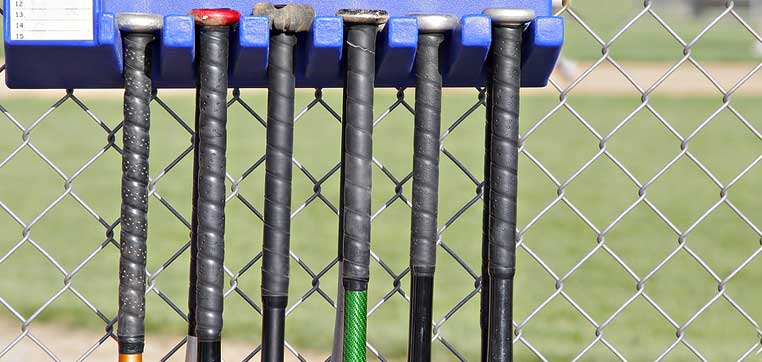 If you are a high school athlete and already have five coaches from D1 schools showing up when you play and you’re only a junior-congratulations! You need not read any further. For those of you who aren’t nationally ranked athletes but still want to play at the college level-read on.
If you are a high school athlete and already have five coaches from D1 schools showing up when you play and you’re only a junior-congratulations! You need not read any further. For those of you who aren’t nationally ranked athletes but still want to play at the college level-read on.
Athletics
College Recruiting Survey
 It’s summer and I’m doing some of my annual planning. I would very much appreciate it if you could take a few minutes and complete a survey. It just helps me figure out what to focus on for the new 12 months or so.
It’s summer and I’m doing some of my annual planning. I would very much appreciate it if you could take a few minutes and complete a survey. It just helps me figure out what to focus on for the new 12 months or so.
Thanks for your help!
Michelle
Getting Recruited: What You Might Have Forgotten
 It’s easy to get caught up in the recruiting process. You’ll spend some time chasing a shiny that turns out not to be. Or maybe you’ll become fixated on improving hand strength and start neglecting other parts of your workout routine. And as you go through the process, you’ll have things pop-up that you know something about but could really use more information. But there are all these other things you’re trying to take care of. It’s completely normal.
It’s easy to get caught up in the recruiting process. You’ll spend some time chasing a shiny that turns out not to be. Or maybe you’ll become fixated on improving hand strength and start neglecting other parts of your workout routine. And as you go through the process, you’ll have things pop-up that you know something about but could really use more information. But there are all these other things you’re trying to take care of. It’s completely normal.
Strength and Conditioning Programs for Incoming College Athletes
 If you read any books on college athletic recruiting, you’ll come across a section that discusses the biggest surprises to new college athletes coming from high school. I can’t think of a single one that doesn’t mention the dramatically harder college strength and conditioning programs. In fact, I’m willing to bet it would come in first by a wide margin over any other freshman surprises.
If you read any books on college athletic recruiting, you’ll come across a section that discusses the biggest surprises to new college athletes coming from high school. I can’t think of a single one that doesn’t mention the dramatically harder college strength and conditioning programs. In fact, I’m willing to bet it would come in first by a wide margin over any other freshman surprises.
When Will College Coaches Start Contacting Me?
 (Updated for 2020) If you’re serious about playing college athletics, you need to understand how and when college coaches can start contacting you (officially) and when you can contact them. I remember sitting in the bleachers in April and listening to one parent’s angst that the baseball coach from a particular college hadn’t called them yet. The fact was that this was April of the player’s junior year–according to the NCAA recruiting periods and contact rules at the coach couldn’t call him until July.
(Updated for 2020) If you’re serious about playing college athletics, you need to understand how and when college coaches can start contacting you (officially) and when you can contact them. I remember sitting in the bleachers in April and listening to one parent’s angst that the baseball coach from a particular college hadn’t called them yet. The fact was that this was April of the player’s junior year–according to the NCAA recruiting periods and contact rules at the coach couldn’t call him until July.
D3 Baseball Experience
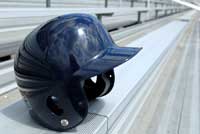 Last week I watched my son played at his college’s annual Blue and White game. It’s just an intra-squad scrimmage at the end of their Fall practices followed by a family cook-out. It was cold but it was great to spend the weekend with him. He gave us a tour of HIS campus which is definitely a different campus as sophomore than it was as a “prospie.”
Last week I watched my son played at his college’s annual Blue and White game. It’s just an intra-squad scrimmage at the end of their Fall practices followed by a family cook-out. It was cold but it was great to spend the weekend with him. He gave us a tour of HIS campus which is definitely a different campus as sophomore than it was as a “prospie.”
How Much do D1 Colleges Spend on Softball Programs?
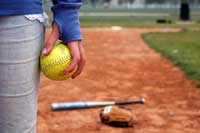 (This post has been updated with data available December of 2019.) All things being equal, why not play for a college that spends more money on its softball program? Of course, all things are rarely equal and money doesn’t guarantee a winning record. But who knows, maybe while scrolling through the schools, looking to see which ones are higher or lower than you expected, you might come across a school you hadn’t previously considered. I wouldn’t use it to reduce your choices, unless all things being equal, but it just might expand your horizons. The table below shows the average college softball expenses from 2013 to 2017 for D1 softball programs.
(This post has been updated with data available December of 2019.) All things being equal, why not play for a college that spends more money on its softball program? Of course, all things are rarely equal and money doesn’t guarantee a winning record. But who knows, maybe while scrolling through the schools, looking to see which ones are higher or lower than you expected, you might come across a school you hadn’t previously considered. I wouldn’t use it to reduce your choices, unless all things being equal, but it just might expand your horizons. The table below shows the average college softball expenses from 2013 to 2017 for D1 softball programs.
What Athletes Need to Know About the Ivy League Academic Index
 If you’re interested in playing your sport for one of the Ivy League schools, you need to understand the Academic Index. I’m assuming that you already know that the Ivy League does not provide athletic scholarships and that you’re hoping to use your athletic abilities to help you get admitted. After all, recruited athletes have approximately a 30 percentage point advantage in being admitted compared to non-athletes with no legacy status. And a recent analysis of data from Harvard showed that “Athletes with the highest or second-highest academic rating on an internal Harvard admissions scale have an acceptance rate of 83 percent—compared to 16 percent for non-athletes.”
If you’re interested in playing your sport for one of the Ivy League schools, you need to understand the Academic Index. I’m assuming that you already know that the Ivy League does not provide athletic scholarships and that you’re hoping to use your athletic abilities to help you get admitted. After all, recruited athletes have approximately a 30 percentage point advantage in being admitted compared to non-athletes with no legacy status. And a recent analysis of data from Harvard showed that “Athletes with the highest or second-highest academic rating on an internal Harvard admissions scale have an acceptance rate of 83 percent—compared to 16 percent for non-athletes.”
College Baseball Recruiting: Game Attendance, Finances, and D3
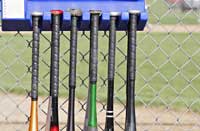 There are different approaches players use to get recruited to play college baseball. Some wait to be discovered. Another group sends an email with a link to their video to every baseball coach with an email address. Others will pay a professional recruiting service to get recruited. And then there are those that take responsibility for getting themselves recruited by figuring out which colleges want them.
There are different approaches players use to get recruited to play college baseball. Some wait to be discovered. Another group sends an email with a link to their video to every baseball coach with an email address. Others will pay a professional recruiting service to get recruited. And then there are those that take responsibility for getting themselves recruited by figuring out which colleges want them.

